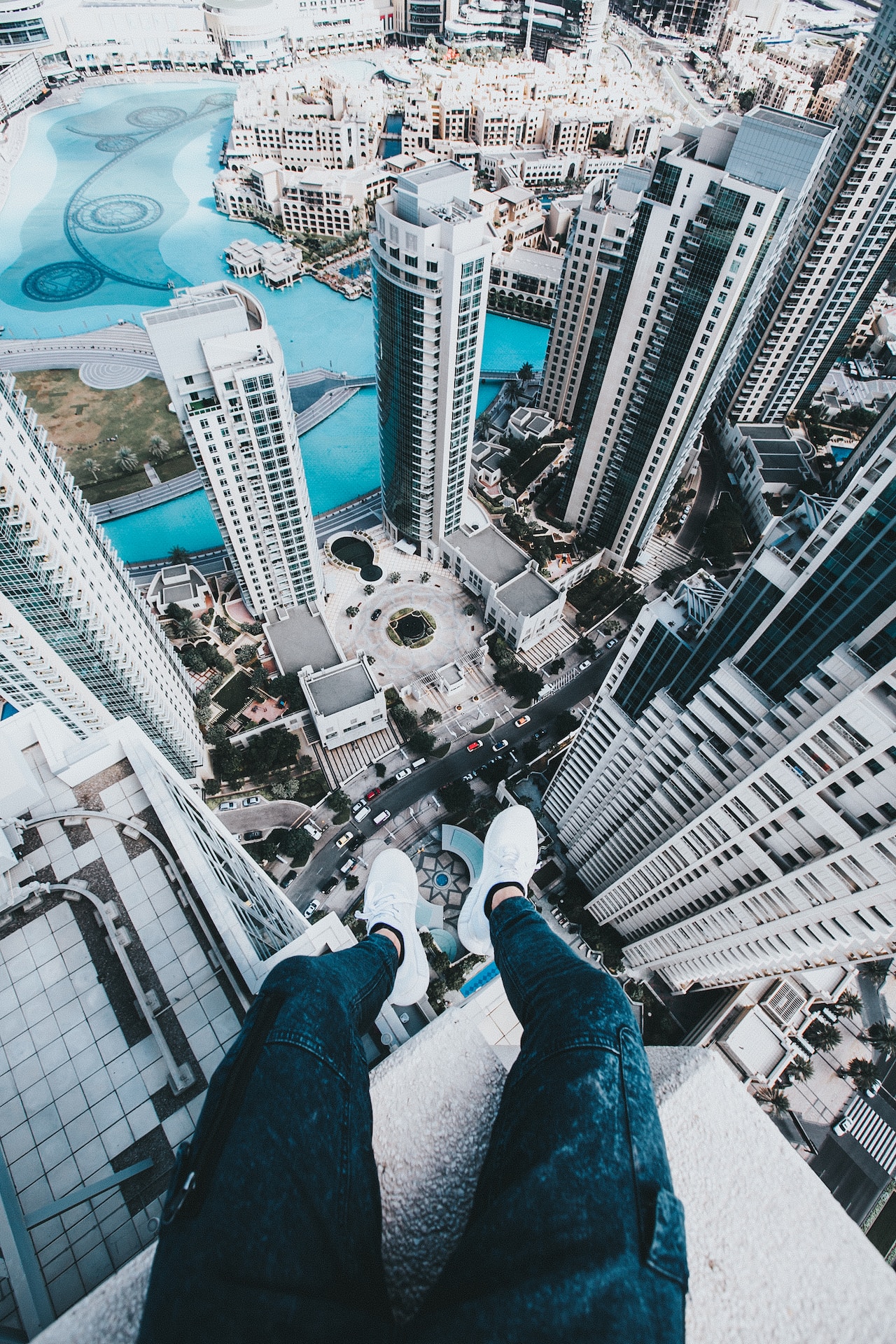Dubai, a city known for its opulence and luxury, is home to a significant concentration of wealth. In recent years, the top 1% of individuals in Dubai have accumulated an extraordinary amount of riches. Let’s take a closer look at what it means to be part of the top 1% wealth in Dubai, and the factors that contribute to this elite category.
Defining the top 1% wealth
To understand the top 1% wealth in Dubai, we need to first define it in monetary terms. The top 1% refers to the individuals or households that hold the highest amount of wealth compared to the rest of the population. In Dubai, this exclusive group is comprised of individuals who possess significant financial assets, investments, and properties.
Wealth accumulation in Dubai
Dubai’s rapid economic growth, fueled by industries such as real estate, tourism, and finance, has resulted in the accumulation of vast amounts of wealth. The city’s strategic location, business-friendly environment, and tax incentives have attracted individuals from around the world seeking opportunities for financial prosperity.
Moreover, Dubai’s status as a global shopping and entertainment hub has led to an influx of tourists and high-net-worth individuals. This has further contributed to the concentration of wealth in the top 1% category.
Income sources of the top 1%
The top 1% wealth in Dubai is primarily derived from diverse income sources. Some of the key sources include:
- Business ownership and entrepreneurship.
- Investments in real estate, stocks, and other lucrative ventures.
- High-level executive positions in corporations.
- Profits from successful startups and technology companies.

These income sources, coupled with Dubai’s favorable tax policies, enable the top 1% to accumulate vast amounts of wealth and maintain their affluent status.
Implications and challenges
While the top 1% wealth in Dubai showcases the city’s economic prosperity, it also highlights the wealth disparity within society. Income inequality can lead to several challenges, including:
- Social unrest and dissatisfaction.
- Limited access to resources and opportunities for the majority.
- A widening wealth gap between the top 1% and the remaining population.
- Inadequate redistribution of wealth.
Recognizing these implications, the Dubai government has implemented various initiatives to address income inequality and promote social welfare. These include affordable housing programs, job creation efforts, and corporate social responsibility campaigns.
The future of wealth in Dubai
As Dubai continues its economic growth trajectory, the top 1% wealth is expected to increase. However, efforts are being made to ensure that this growth is inclusive and benefits a larger segment of society. Dubai aims to strike a balance between wealth accumulation and social development, ensuring that all residents can experience the benefits of the city’s prosperity.
In conclusion, the top 1% wealth in Dubai represents a small but significant segment of the population that holds a disproportionate amount of wealth. While this concentration of wealth presents challenges, it also demonstrates the economic potential of the city. By addressing income inequality and promoting social welfare, Dubai strives to create a more equitable and sustainable future for all its residents.